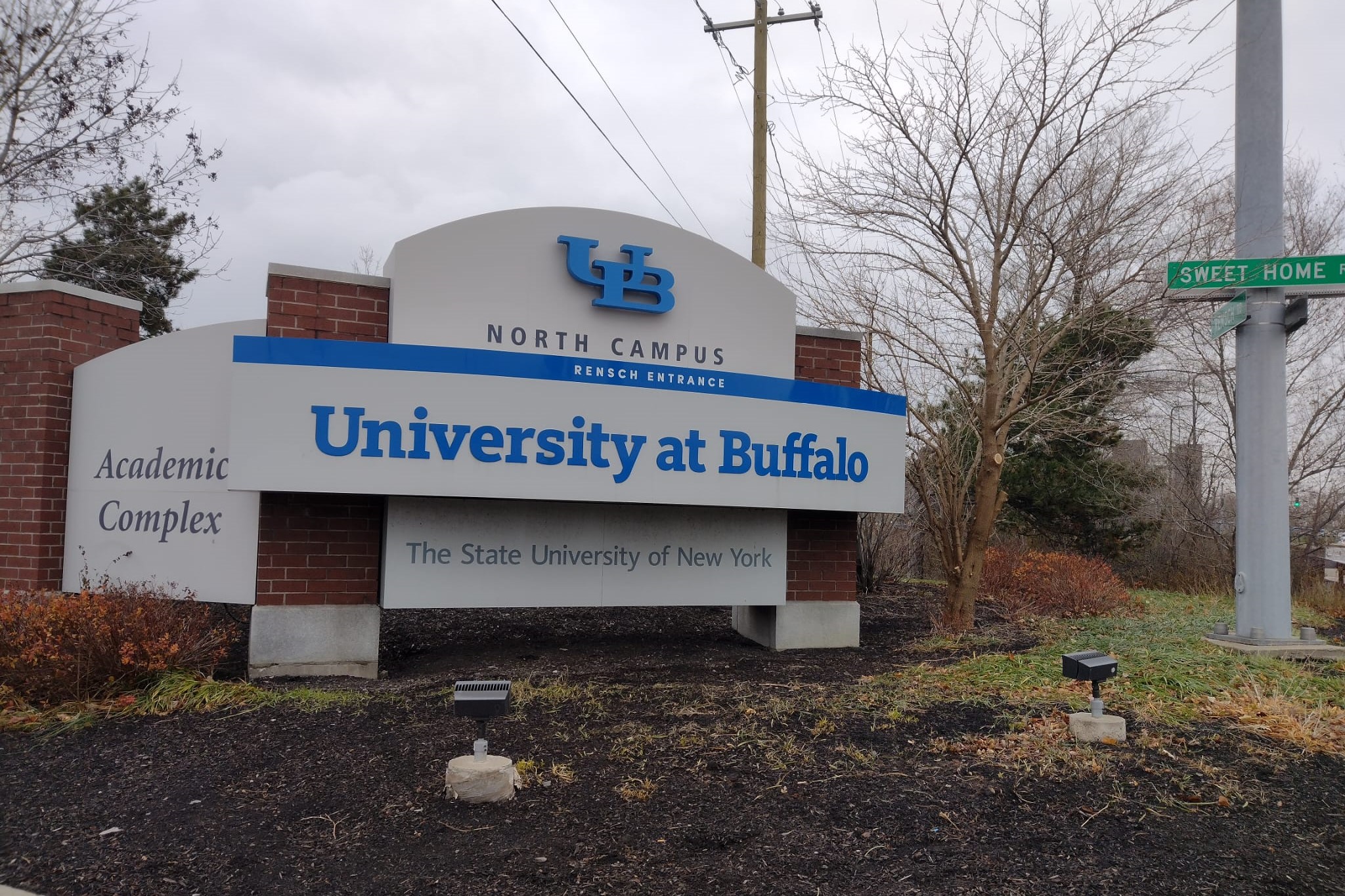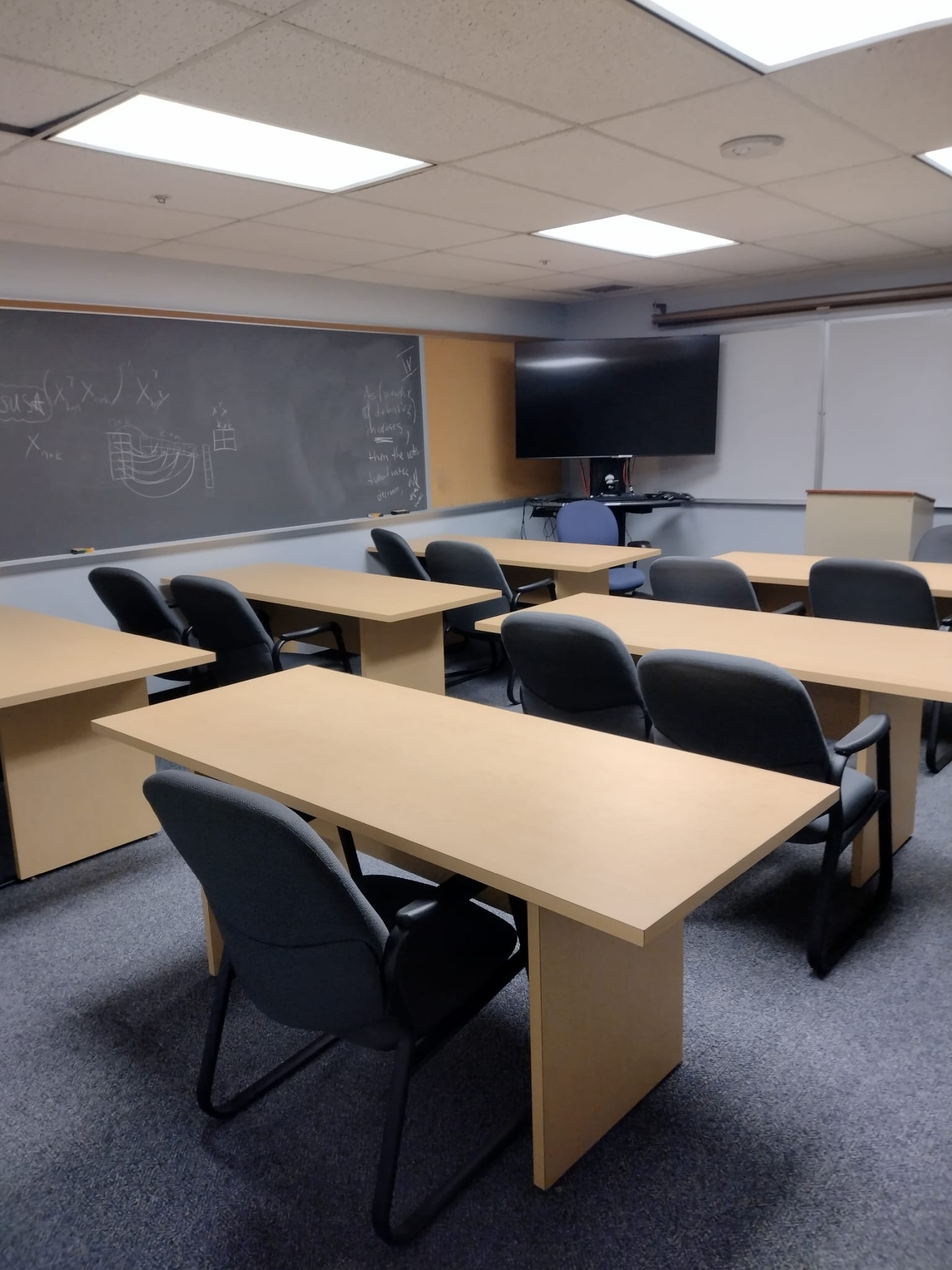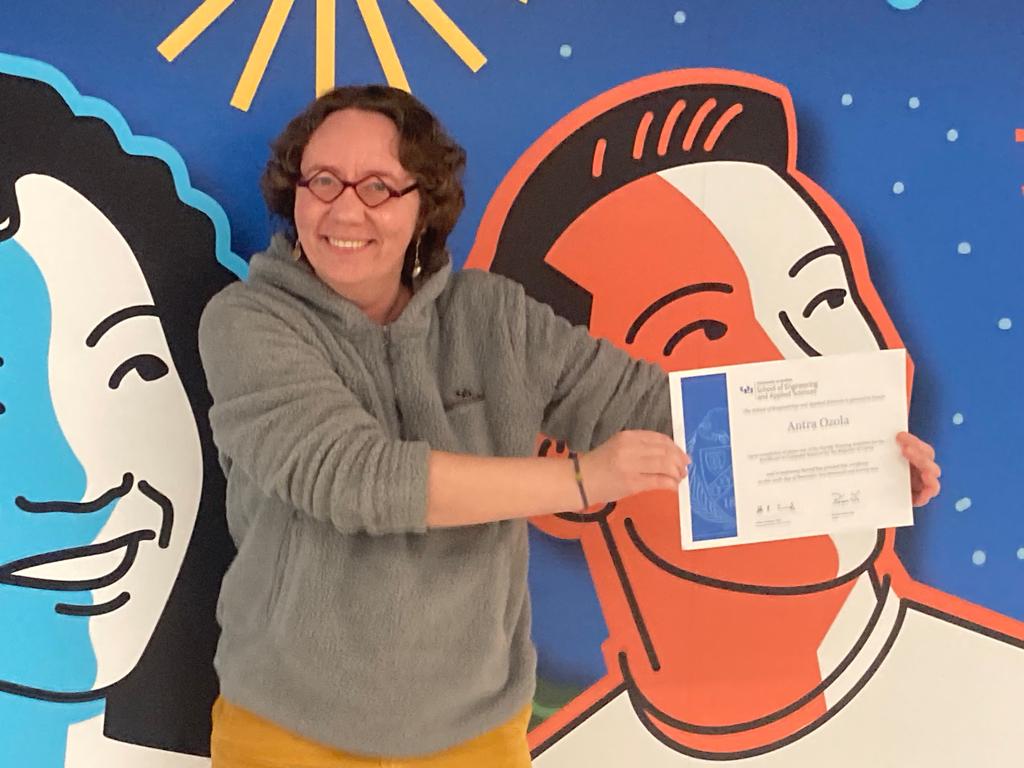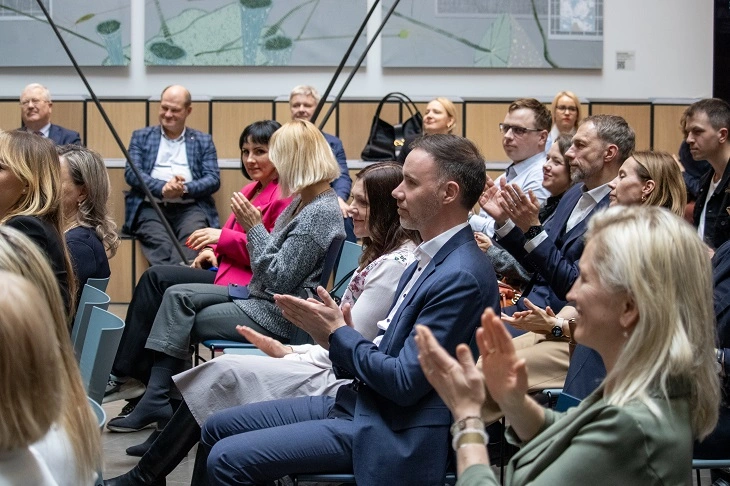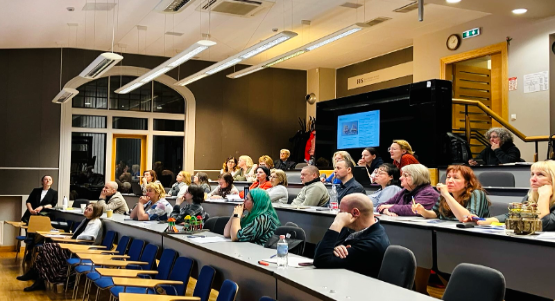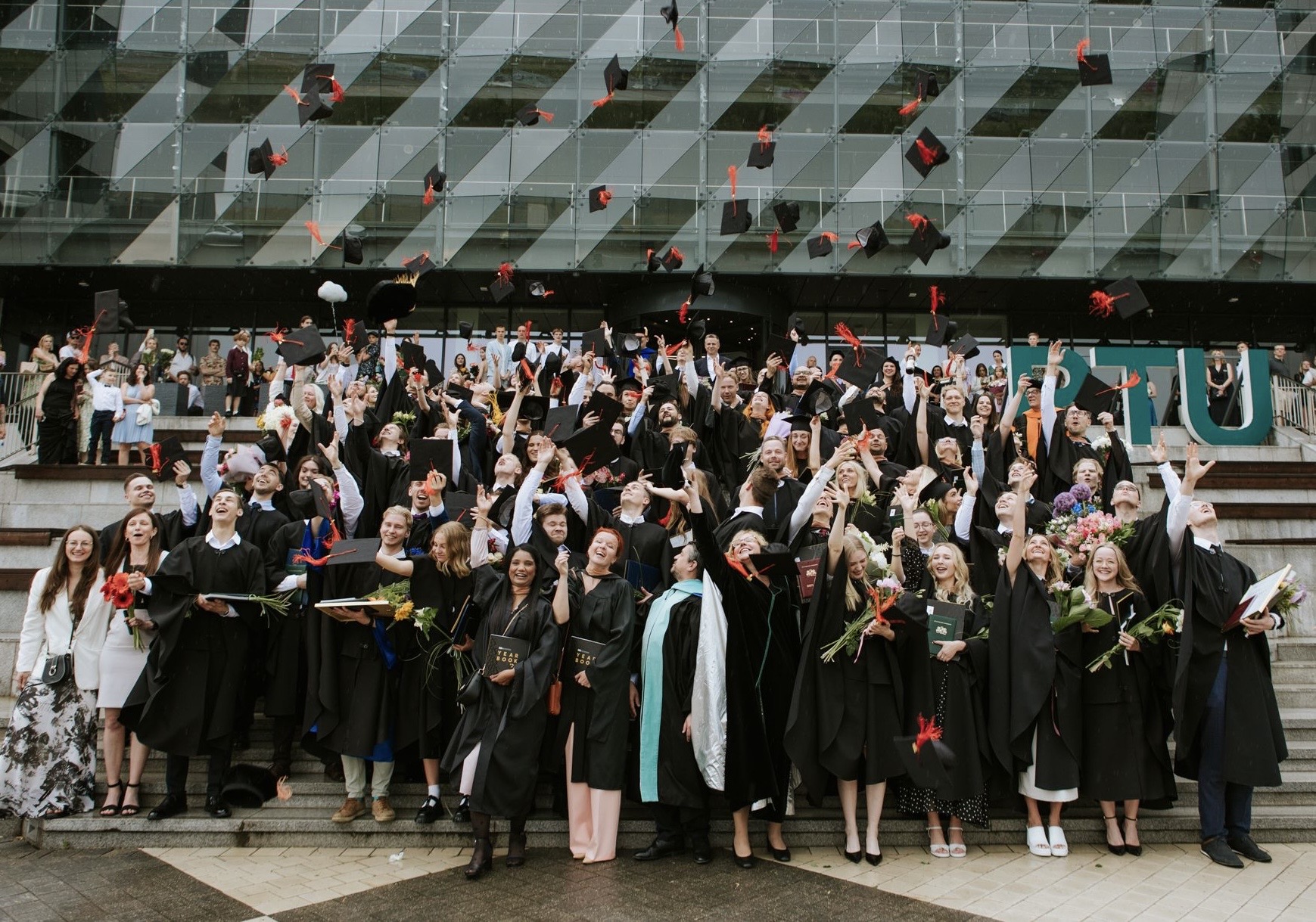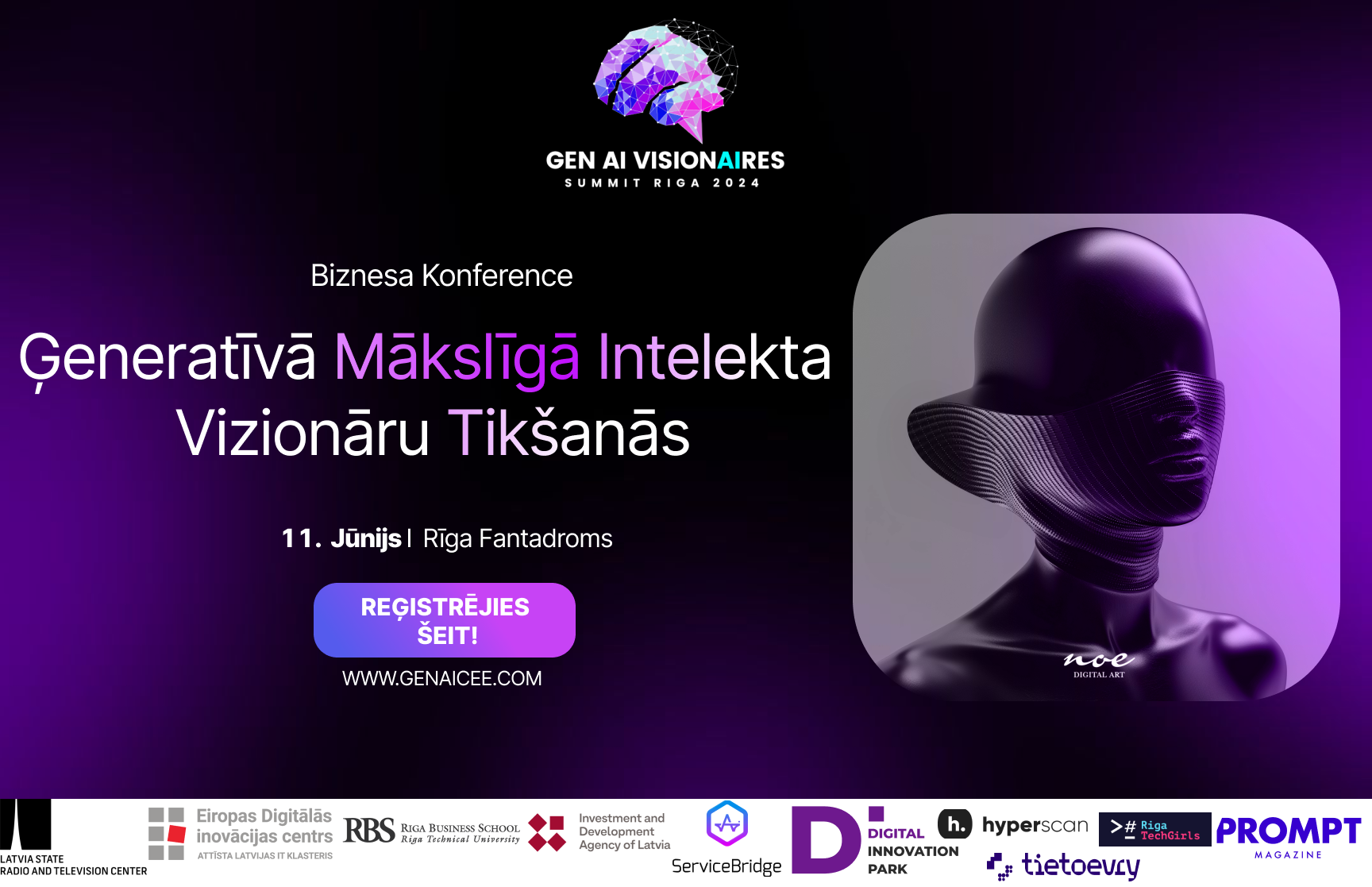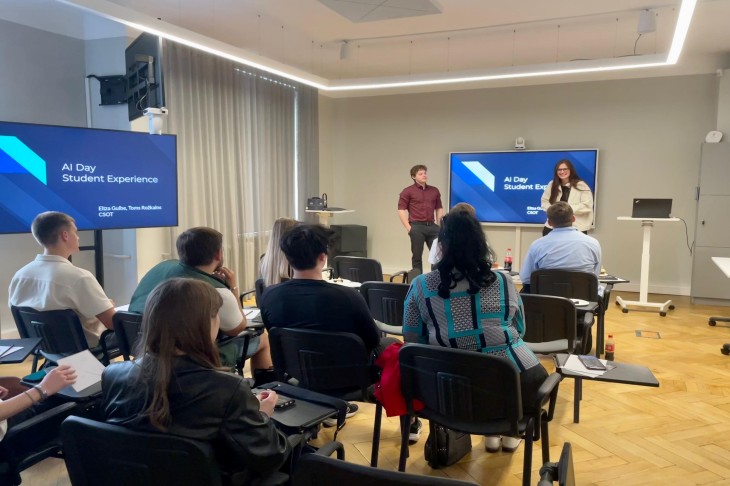Antra Ozola is a professor and a senior researcher at the University of Latvia, Faculty of Education, Psychology, and Art. Her areas of expertise include large-scale international studies of education, education management, and quality of education. Her main research interests include statistics, cybernetics, and applied informatics. She is skilled in teaching and learning. In the fall semester of 2022, she spent time at the University of Buffalo, strengthening her digital skills. At the end of the semester, Dr. Ozola reflected on the differences between the US and Latvian education:
I am glad that education in Latvia has not yet become too elitist due to high costs and preparedness requirements. In the STEM area, 80% of students in US Master’s programs are foreigners (mostly from China and India) as the US education system is not able to prepare “its own people” at such a level. One study course at the University of Buffalo costs around $10,000. If there are five semesters, then one can understand that semester studies cost about the same as repairing part of a house in Majori.
It is probably not so good that in the Latvian education system, there are increasingly more rules dictated by the client – the student. Usually, customers do not ask for intellectually or workload-wise challenging learning experiences, but fight for the easiest possible acquisition of educational documents. Accordingly, this lowers the overall level and also the prestige of the diploma obtained. Students in the USA study full-time for at least 50 hours per week. Yes, that means that usually there are no free evenings or weekends, and if the lecturer decides to put a test on Saturday, then one has to come to it without a pitiful whimper if they want to try to pass the course.
In the US, usually, a passing grade starts from around 70%. This could roughly be compared to grade 7 out of 10 in Latvia. Then it is just a matter of looking at any grade list (for example, semester transcripts or centralized exam results) and making the corresponding conclusions. To get 70% in the US, one really has to put in a lot of effort and work throughout the whole semester.
Generally, the Latvian educational system is more friendly to the psycho-emotional health of students, as the pressure of system requirements and potential loss rates is very high in the US.
Indeed, the support system in the US is abundant – students have access to transportation within and around the university for free, different sports activities, including yoga for all tastes and swimming, as well as countless different social activities (game nights, cooking courses, hikes, etc.) and consultations with a psychologist, career adviser, family doctor, etc.
The Buffalo program promotes the introduction of innovations and digitization in higher education, as well as the transfer of world experience to Latvian universities. The project is financed by the European Regional Development Fund (ERAF) in project no. 1.1.1.5/18/I/008 “Support for RTU international cooperation projects in research and innovation” allocated funds. Riga Business School implements and coordinates the program as a structural unit of RTU in close cooperation with the Ministry of Education and Science.
